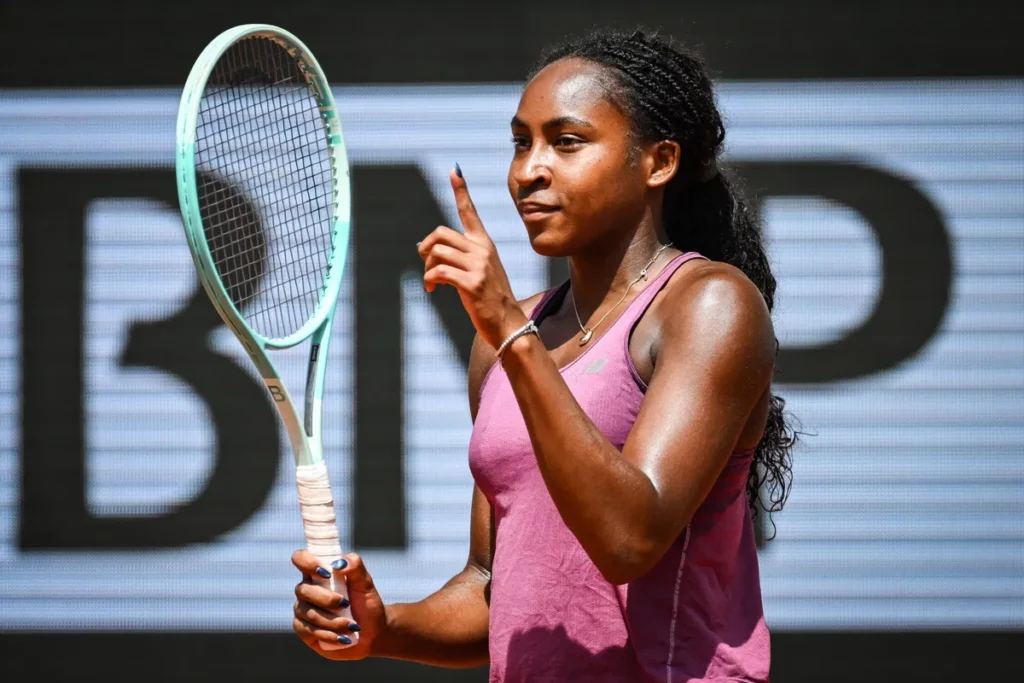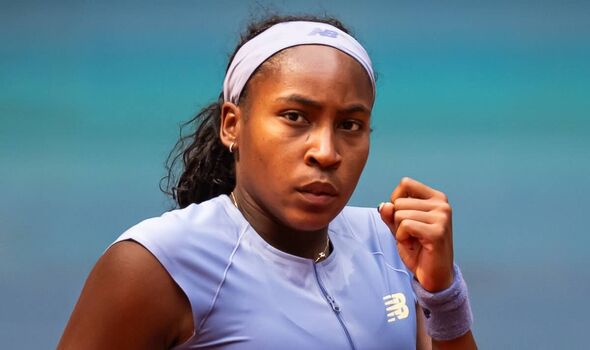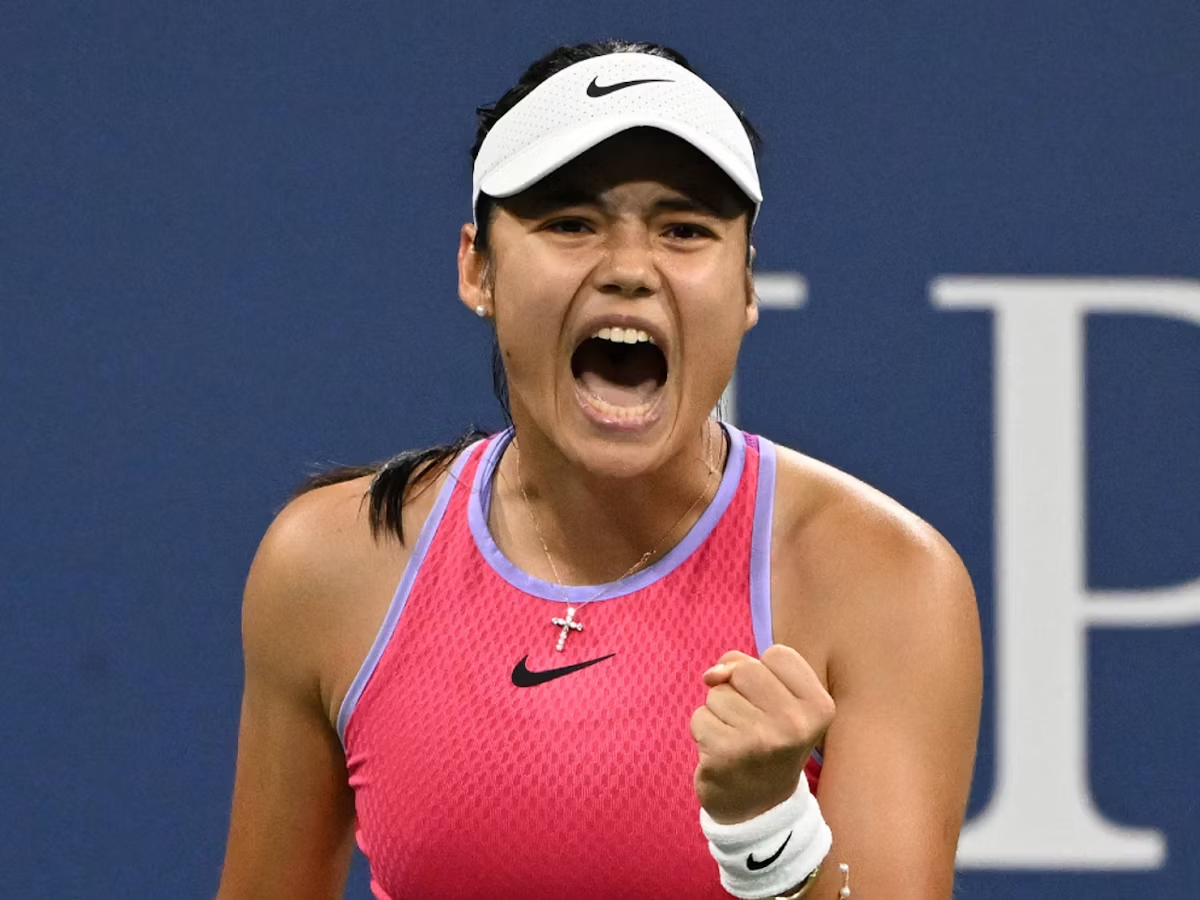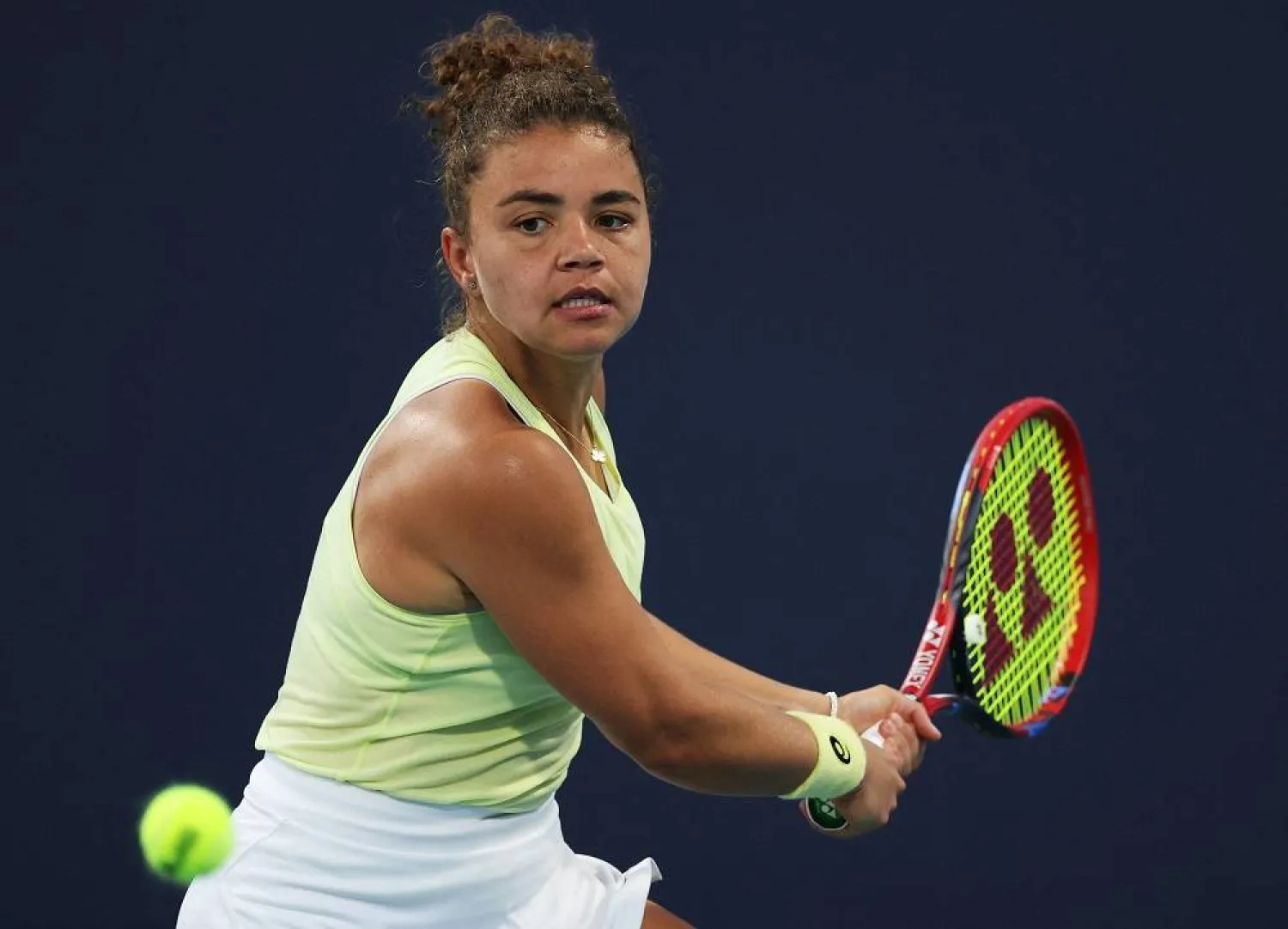When Coco Gauff first burst onto the tennis scene, the world didn’t just watch—it held its breath. At just 15, she stunned Venus Williams at Wimbledon and ignited a new American tennis dream. The media swarmed. The endorsements piled up. The comparisons to Serena, to Venus, to greatness, came thick and fast. But six years later, Gauff stands at a precipice. She’s no longer a fresh-faced prodigy. She’s 21. And the world is watching once again—not just with hope, but with expectation.
As the French Open 2025 unfurls its clay-covered drama, Coco Gauff finds herself facing more than just opponents across the net. She’s battling the invisible but heavy ghost of teenage hype, the pressure of a nation clinging to her as its best shot at Roland-Garros glory, and the personal hunger to finally convert promise into dominance.
This is no longer just Coco Gauff the teen phenom. This is Coco Gauff, the woman, the fighter, the unfinished story—and Paris could be the chapter that rewrites everything.
The Rise That Shook the World
In 2019, Gauff was a miracle in motion. The youngest qualifier in Wimbledon history. The youngest player to reach the third round since Jennifer Capriati. A breakout Netflix special waiting to happen—and it did. Her backhand was sharp, her serve crisp, her energy undeniable. She carried herself with poise that betrayed her years. It was easy to believe she’d be the next Serena.

But what the world often forgets is that Serena didn’t become Serena overnight. Gauff’s journey, in contrast, has played out in the brightest spotlight possible, with every loss dissected and every win measured against Grand Slam expectations. And while she’s collected titles, climbed the rankings, and made Slam finals—including the 2022 French Open final—she still hasn’t crossed the final threshold.
2025: Not Just Another Season
The 2025 season feels different. Not because Coco’s suddenly added new tools to her game (though her forehand is noticeably steadier), but because there’s urgency now. For Gauff. For American tennis. For the fans who are desperate to see her fulfill the destiny they once printed on magazine covers.
The WTA is fiercer than ever. Iga Swiatek still rules the clay with a queen’s calm. Aryna Sabalenka brings unmatched power. Elena Rybakina has turned cool precision into an art form. Rising stars like Mirra Andreeva threaten to leapfrog the field with fearless swings. And yet, Gauff remains America’s great hope.
Why? Because she’s already proven she can go toe-to-toe with them. Because she’s the only American woman consistently reaching Slam quarterfinals. Because, despite the burden of her early fame, she’s still standing—and improving.
The Ghost of Teenage Hype
The phrase “the ghost of teenage hype” is more than poetic.
It’s real.
You can feel it in the way commentators talk about her—still referencing that Venus match, still describing her as “young,” even though she’s now a tour veteran. You hear it when casual fans wonder aloud, “Wait, she hasn’t won a Slam yet?” The expectations that once propelled her now feel like a leash, holding her back from simply being who she is, now.
And she knows it. Gauff has spoken more openly in 2025 about the weight of public opinion, the struggles of dealing with criticism before adulthood, and how she’s learning to play for herself, not the narrative.
That’s what makes this French Open campaign so intriguing. Not just because she’s a title contender, but because this could be the tournament where Coco Gauff exorcises those ghosts and steps into her full power.
Clay and the Comeback Mentality
Paris isn’t just another stop. It’s the Slam where Gauff feels most comfortable. The slower pace gives her time to unleash that looping forehand, to glide from sideline to sideline like a dancer with fire at her feet.
In 2022, she made it all the way to the final, only to be dismantled by Iga Swiatek. But it was a glimpse of her potential on the surface. Since then, she’s trained harder on clay, adjusting her positioning and developing better angles to combat power hitters.
The 2025 lead-up tournaments tell a story of quiet preparation: consistent quarterfinal finishes, some gritty three-set wins, and a focus on grit over glamor. She’s not trying to blow people off the court—she’s trying to break them down, point by point.
And maybe that’s what growth looks like.
America’s Hope—and Burden
It’s no secret: American tennis is in a transitional era.
With Serena Williams retired, Venus barely competing, and the men’s side still waiting for its next Grand Slam champion, Coco Gauff carries the national weight on her shoulders. Every Grand Slam sees U.S. media turn its attention to her with a mix of hope and scrutiny. “Can she finally win one?” “Is this her tournament?”
It’s pressure few others face. And while players like Jessica Pegula and Danielle Collins have been valuable allies and role models, Gauff is the one they believe can become a global megastar.
She has the charisma. The voice (on and off the court). The commercial appeal. But does she have the breakthrough?
What Coco Gauff Has That Others Don’t
There’s a trait that sets Gauff apart, and it’s resilience. When her forehand was criticized for inconsistency, she rebuilt it. When she faced defeat at Slams, she came back stronger. When doubters questioned her hype, she stayed composed.
At just 21, she already carries herself with the awareness of someone who knows that legacy isn’t made in a flash—it’s forged in fire.
In an era of quick rises and quicker fades, Coco has proven she’s not just a moment. She’s a movement.

She’s gone from “the youngest to ever…” to “the one who’s still here.” And if the stars align at Roland-Garros this year, she might just go from contender to champion.
Can She Do It?
Absolutely. But the real story may not be whether she lifts the trophy, but whether she finally sets herself free.
Free from the shadow of 15.
Free from what the world expects.
Free to win—or lose—on her own terms.
Coco Gauff doesn’t need to prove she belongs anymore. She already does. Now, it’s about claiming what’s hers.
And if the crowd in Paris starts chanting her name during the second week?
If the points get longer, the rallies tighter, and she’s still standing?
Then don’t be surprised if she rewrites her story right there on Court Philippe-Chatrier—not as the teen who could, but as the woman who did.


